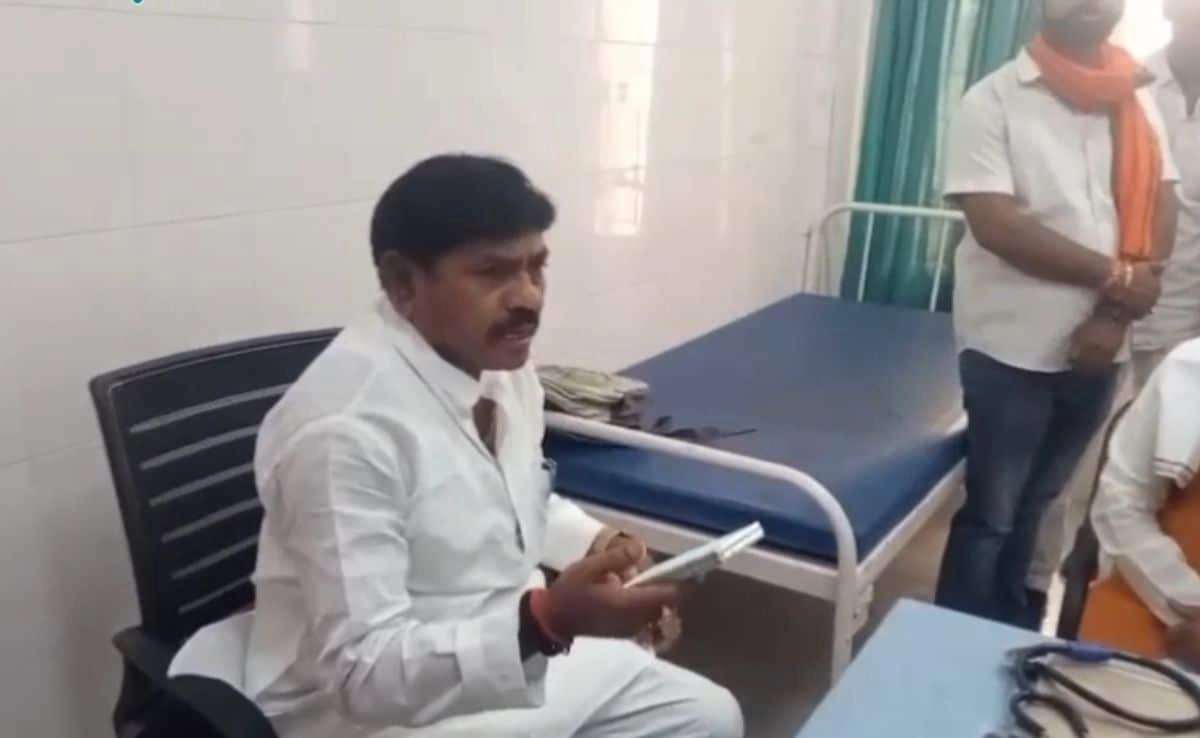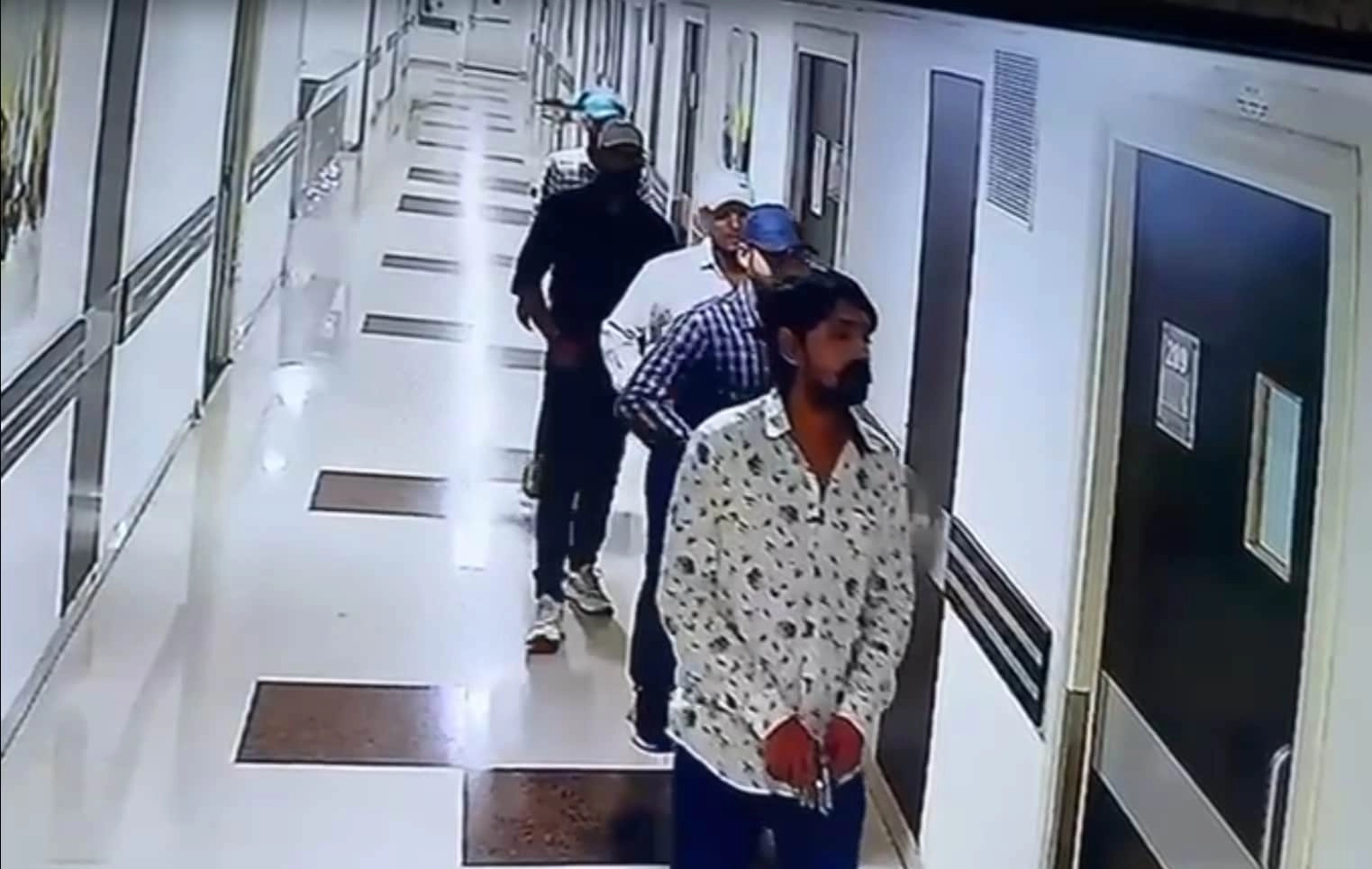In a recent incident that has drawn significant attention, a physically challenged doctor was unable to welcome a visiting Uttar Pradesh minister, leading to a swift administrative response. The minister, who arrived for an official visit, reportedly found the situation unsatisfactory due to the doctor’s inability to attend to him personally. This incident raises questions about the expectations placed on individuals with disabilities in professional settings, particularly in high-stakes environments like healthcare.
The minister’s reaction was immediate, as he ordered the transfer of the doctor, citing the lack of a proper welcome as a primary reason for his discontent. This decision has sparked a debate about the treatment of physically challenged professionals in the workplace. Many argue that such actions reflect a broader societal issue regarding the inclusion and accommodation of individuals with disabilities, especially in roles that require public interaction. Critics have pointed out that the minister’s response seems to overlook the challenges that come with physical disabilities and the importance of creating a more inclusive environment.
Supporters of the doctor have voiced their concerns over the minister’s decision, arguing that it sets a dangerous precedent. They emphasize the need for understanding and compassion, particularly in a field as critical as medicine, where the expertise and dedication of healthcare professionals should be the focus rather than their physical capabilities. Additionally, this situation serves as a reminder of the ongoing struggle for equal treatment and recognition of the contributions of individuals with disabilities in various sectors.
The incident underscores the necessity for systemic changes within the healthcare system and beyond, aimed at fostering an inclusive culture that values diversity in all forms. As society progresses, it is crucial to challenge the stereotypes and misconceptions surrounding disability, ensuring that all professionals, regardless of their physical limitations, are given equal opportunities to contribute meaningfully to their fields. This incident may serve as a catalyst for discussions on how to better support and integrate individuals with disabilities into the workforce, promoting a more equitable society for all.




